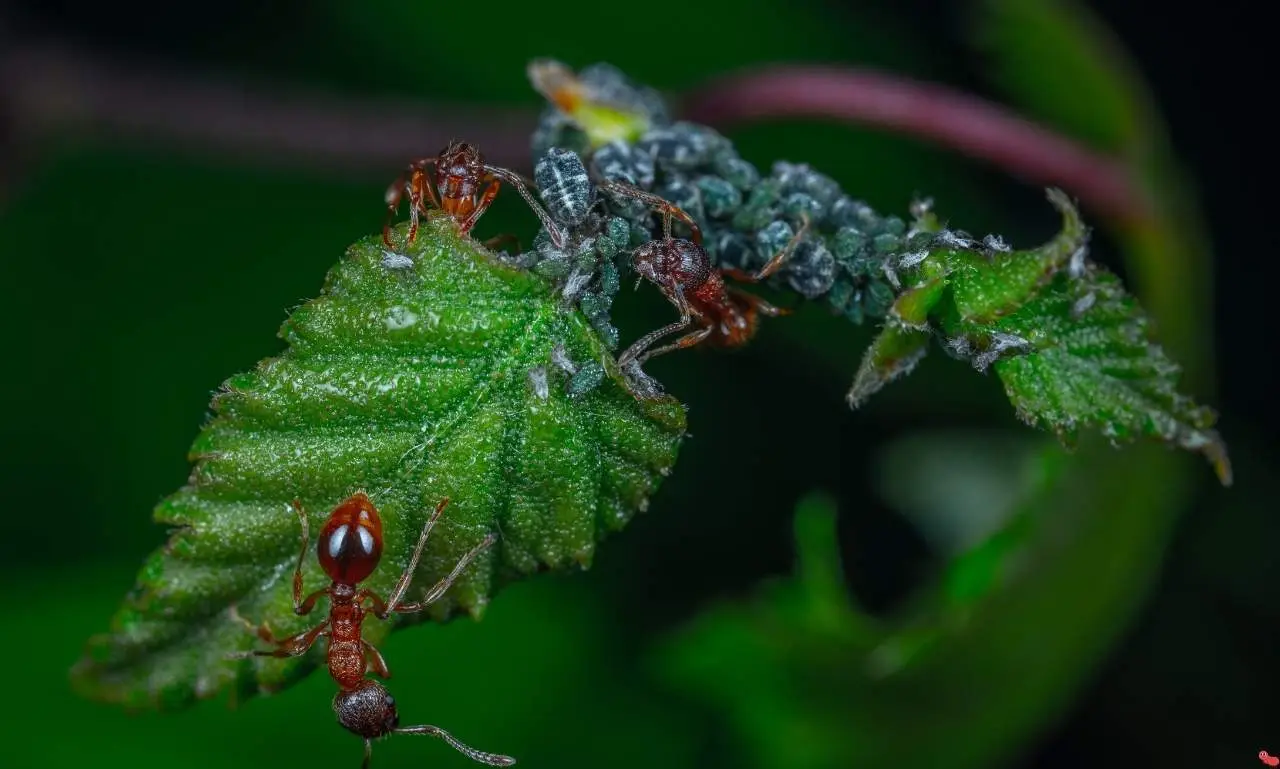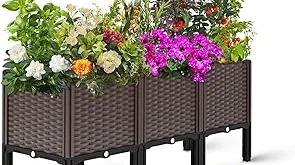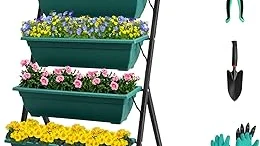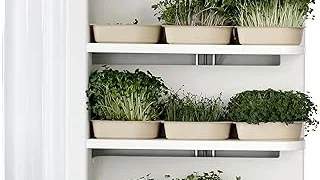If you’re a gardening enthusiast, you know the joy of planting seeds and watching them grow into vibrant plants. However, one common concern among gardeners is the presence of ants in their raised garden beds. Will these tiny critters eat your seeds, or are they just harmless visitors? Understanding their behavior and impact can help protect your garden and ensure a thriving harvest.
Understanding Ant Behavior in Raised Garden Beds
Ants are some of the most common insects in any garden. They’re highly social creatures and often live in colonies ranging from a few dozen to thousands of members. While ants can be a nuisance, their primary role in the garden isn’t to eat your seeds. Instead, ants are scavengers that primarily feed on sugary substances, dead insects, and even fungi.
Do Ants Eat Seeds?
Some ants are known to eat seeds, but it’s less common than you might think. Like harvester ants, certain species collect seeds as part of their diet. However, most garden ants are more interested in the sugary residue left by aphids or other food sources. If you’ve noticed ants around your seeds, they may be attracted to:
- The sugary coating on treated seeds.
- Decaying organic matter near the seeds.
- Small crumbs or residue in the soil.
How Do Ants Impact Germination?
Even though ants may not directly eat most seeds, they can disrupt germination by:
- Carrying Seeds Away: Ants might move seeds to their nests, mistaking them for food or using them to build structures.
- Disturbing the Soil: Their tunneling activities can displace seeds, making it harder for them to germinate properly.
Why Are Ants Attracted to Raised Garden Beds?
Raised garden beds offer an ideal environment for ants due to:
- Warm Soil: Ants prefer dry soil, often found in well-drained raised beds.
- Organic Material: The presence of compost or mulch provides food and shelter for ants.
- Moisture Levels: While ants dislike overly wet conditions, the balanced moisture in a raised garden bed can attract them.
How to Prevent Ants from Eating or Disrupting Seeds
If you’re worried about ants interfering with your seeds, there are several strategies you can use to protect your garden:
1.Use Natural Deterrents
Ants are sensitive to strong smells and textures. Try these natural methods to keep them at bay:
- Cinnamon: Sprinkle cinnamon around your seeds. Ants dislike the strong smell.
- Citrus Peels: Place orange or lemon peels near planting areas.
- Vinegar Spray: Mix water and white vinegar equally, then spray it around the garden bed.
2.Create a Physical Barrier
Protect your seeds with physical barriers:
- Row Covers: Use mesh or lightweight fabric to prevent ants from reaching the seeds.
- Sand or Diatomaceous Earth: Sprinkle these around the bed to deter ants. Diatomaceous earth, in particular, can be very effective because it dehydrates insects.
3.Encourage Natural Predators
Encouraging and predators can naturally control their population. Birds, frogs, and certain insects, such as lacewings or ladybugs, can help keep ants in check.
4.Use Companion Plants
Some plants naturally repel ants. Consider adding these to your raised garden bed:
- Marigolds
- Mint (but keep it in a pot to prevent spreading)
- Lavender
5.Keep the Soil Moist
Ants prefer dry soil. Maintaining consistent moisture levels in your garden bed can make it less attractive to them. However, avoid overwatering, as this can harm your plants.
FAQs About Ants in Raised Garden Beds
1.Can ants harm my seedlings?
Ants generally do not harm seedlings directly. However, if they disturb the soil or move seeds, it can affect germination and growth.
2.How do I know if ants are eating my seeds?
Signs include seeds disappearing from where you planted them or finding them stored in nearby ant nests. You may also see ants actively carrying seeds away.
3.Are ants beneficial to my garden?
Yes, ants can be beneficial. They aerate the soil through their tunneling and help control other pests by feeding on dead insects. Their presence often indicates a healthy ecosystem.
4.Should I use chemical ant killers?
Chemical ant killers should be a last resort, as they can harm beneficial insects and affect the overall health of your garden. Try natural methods first.
5.What’s the best way to ant-proof a raised garden bed?
The most effective way to ant-proof your raised bed is to combine natural deterrents, physical barriers, and good garden maintenance.
Keep Your Garden Flourishing
Ants in your raised garden bed don’t have to spell disaster for your seeds. By understanding their behavior and taking proactive steps, you can protect your garden without disrupting its natural ecosystem. From natural deterrents to companion planting, there are many effective and eco-friendly ways to keep ants in check.
Remember, gardening is about balance. Ants can even be beneficial when appropriately managed. So, take action today to ensure your garden thrives! For more gardening tips and advice, subscribe to our newsletter or explore our blog.






